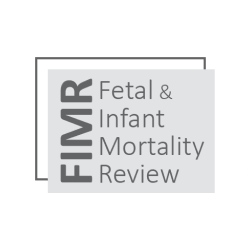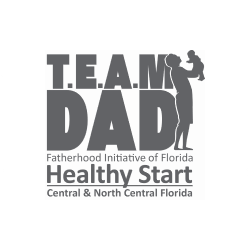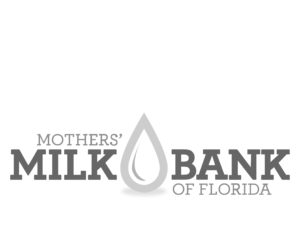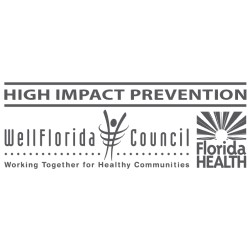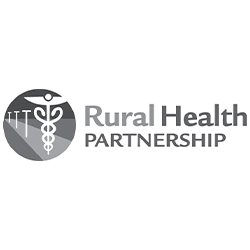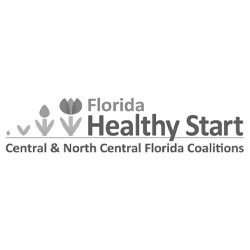Health care decision brings relief locally
The Guardian
By Christopher Curry
Tiffen Lovler breathed easy last Thursday.
After several months of uncertainty, the Supreme Court ruling in King v. Burwell came out and Lovler, 27, knew that he would be able to keep the tax credits that made it possible for him to buy health insurance through the Affordable Care Act.
“It’s a relief,” he said. “It will let me keep my insurance because it will be affordable to me.”
Lovler said he pays a $40 monthly premium, thanks to the taxpayer-funded subsidies that were a central part of the Affordable Care Act plan to help millions of Americans pay for the health insurance the law required them to have. Without the financial assistance of the subsidies, Lovler said he’d face a monthly premium in excess of $300 and a higher co-payments.
In a state where Medicaid expansion never went through, he would have lacked coverage.
Young and healthy, the Gainesville resident said he primarily relies on his insurance for preventive care, physical therapy and diagnostic tests. Still, he said health insurance serves as a safety net if he has any serious injury or illness that brings high hospital bills.
Working as a navigator who helps people sign up for insurance through the ACA, Lovler said the vast majority of the people he assisted also relied on the subsidies to purchase coverage.
In Florida, more than 1.3 million people used the help of subsidies to purchase ACA coverage and depending on how the decision went last Thursday, they potentially could have lost an average monthly subsidy of $294, according to a Kaiser Family Foundation report.
In this area of the state, that included 44,000 people in U.S. Rep Corrine Brown’s district and 25,000 in U.S. Rep. Ted Yoho’s district, according to a report from Families USA, a nonprofit group that supports the Affordable Care Act.
If the Supreme Court ruling had gone the other way, many of the people who lost also would have been exempt from the mandate in the ACA to purchase insurance because it would no longer be affordable without the subsidies.
An Urban Institute report estimated that, in the 34 states, including Florida, that did not establish their own Affordable Care Act exchanges, premiums on nongroup insurance plans purchased through or outside the marketplace would have increased by 35 percent as low-cost people left the market.
“The savings here are not just for the people who are getting the subsidy,” said Lauren Vagelakos, who oversees the navigator program for the Gainesville-based WellFlorida Council.
Read the article online.
http://www.gainesville.com/article/20150701/GUARDIAN/150709989/0/search?p=1&tc=pg
Back to News page


